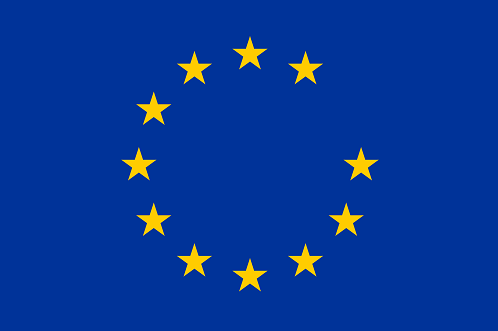So much for the promised economic catastrophe that was to befall the UK in the aftermath of the June 23 vote to leave the European Union (EU).
The FTSE 100 Index has already shrugged off all its initial losses following four hectic trading days that followed. After trading closed on Wednesday, the stock exchange is actually 0.5 percent above where it was when the referendum result was announced.
The British pound has dropped against world currencies like the dollar or the euro. But so too have interest rates in the UK dropped significantly in a flight of safety — into British pound denominated assets. That, even as credit rating agencies like S&P and Fitch were downgrading UK bond paper.
Short-term, then, if confidence in the UK was dropping or there was risk for financial contagion, why are investors buying UK government bonds instead of selling them?
In Greece, when sovereign debt crisis struck, interest rates rose precipitously, as investors demanded a higher rate of return given the higher risk of a default.
That is not happening in Britain, thankfully. Who ever heard of interest rates dropping on an investment that is supposed to be getting riskier? Contrary to Remain claims that the UK would be relegated to second class in the global economy, interest rates show that despite the uncertainty, investors still believed the UK would pay its debts.
In the face of Brexit, then, so far the UK has not taken much of a hit in stocks, lower borrowing costs and cheaper exports. Meaning, if this trend were to hold, it might be conducive to produce more goods in the UK made by British workers in the immediate future.
It might even fuel tourism from the U.S. and Europe because at the moment it is now cheaper to travel inside the UK.
But the discounts might not last too long, as investors realize that the fears to do with Brexit were overblown.
In short, there is no cataclysm. And there was never going to be one. The whole campaign of fear against Brexit was simply meant to intimidate the British electorate. It failed.
Don’t be surprised if things normalize financially in short order as reality sets in that this is no big deal. So what if the UK leaves the EU? Why should markets, which supposedly follow supply and demand, care which flags fly in London?
Robert Romano is the senior editor of Americans for Limited Government.








